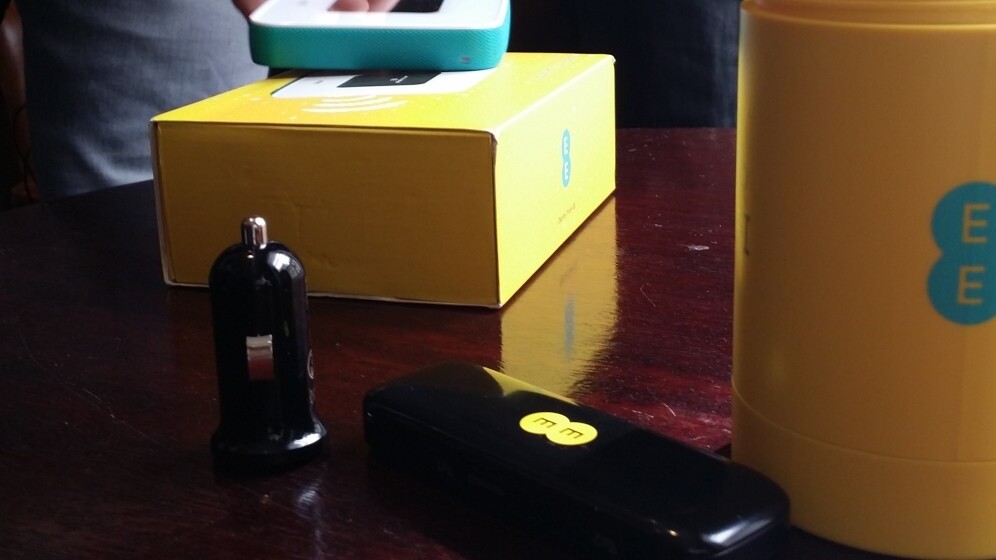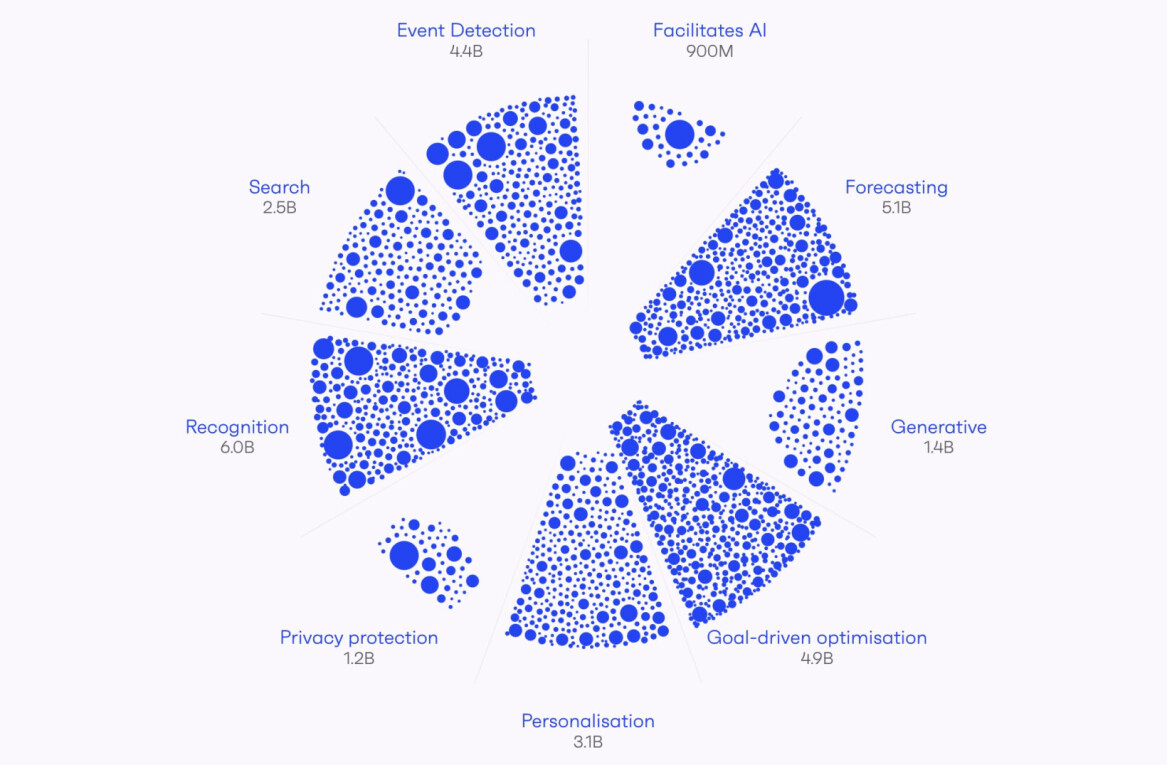
UK mobile operator EE has launched a range of new devices which include a MiFi unit designed specifically for in-car use, its first own tablet and new 4G plans.
The new devices were announced today alongside news that 4G customer signups have finally overtaken the number of new 3G customers signing up under the Orange or T-Mobile brands, suggesting that the superfast mobile networking standard is now making it into more of the mainstream consumer market.
In total, EE said it has signed up 3.6 million 4G customers since the service went live 18 months ago, and that 4G users consume five times more data than 3G users.
Of course, in order to attract new customers, EE needs to make the service available to more of the country – an ongoing process that sees the network currently covering 72 percent of the UK.
Not all of those areas are cities either. EE said that it is making a deliberate effort to connect more rural areas, and that 2,588 small towns and villages around the UK (with a combined population of 3.48 million potential customers, but individual populations of less than 10,000) now have access to 4G connectivity.
Double down
Clearly, not wanting to squander its headstart in bringing its services to market, the company says it now plans to roll out its double speed (around 24Mbps – 30Mbps) service in a total of 40 cities before the end of the year – it’s currently live in around 20.
EE said it is also making a specific effort to better connect the UK’s major transport routes like motorways, A-roads, railway stations and airports – for voice calls as well as data.
Birds of prey
Alongside the bevvy of network announcements, EE revealed a range of new MiFi devices aimed at different users, and an own-brand, Huawei-made tablet.
The birds of prey themed naming convention started by the Kestrel is continued throughout the new devices, with the Buzzard being the first of the company’s in-car products, EE CEO Olaf Swantee said.
The Buzzard dongle will support up to 10 devices simultaneously and comes with a 12v charger to plug into a car cigarette lighter socket and a cup-sized container so it sits snugly. It’ll be available from May 28 and costs £49.99 on pay-as-you-go (PAYG) or from £10 per month and £19 up-front on EE’s newly introduced 4G WiFi plans.
On these plans, £10 gets you 1GB of data or £15 will give you 3GB of usage. There are also new EE Extra WiFi plans, which give double speed (where coverage is available) and higher data allowances between 15GB and 50GB. These range in price between £20 and £50 per month.
The other two new MiFi devices are the Kite – aimed at “busy professionals” – and the slightly more rugged and colorful Osprey for “younger, more mobile users”, EE said.
The Kite will be available from £10 per month plus £29 up front or for £69.99 on PAYG sometime in July. Meanwhile, the Osprey is scheduled to arrive before that and will be available on May 28 from £10 per month plus £19 up front, or for £49.99 on PAYG.
Eagle
The Eagle is the first own-brand tablet launched by the operator, although it sticks with the tried-and-tested method of making minimal changes to a white label Huawei product, in this case the M1 we saw launched at Mobile World Congress in February.
On board there’s an 8-inch (1280 x 800 pixels) display, 1.6GHz quad-core processor, 5-megapixel camera and 16GB of internal storage. It’ll also support microSD cards and arrive running the slightly older Android Jelly Bean OS, rather than the newer KitKat version.
It’ll be offered on a range of plans from £15 per month plus £49.99 up-front or for £199 on PAYG.
The Eagle is set to land next week.
Get the TNW newsletter
Get the most important tech news in your inbox each week.








